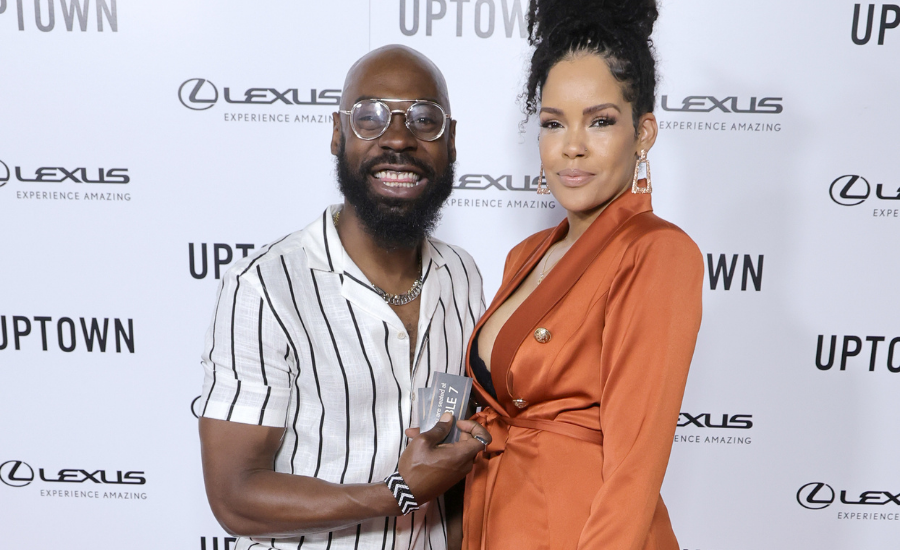It Doesn’t Exist: New scientific research reveals there is no ‘gay gene’
By Medical Writer Lindsey Tanner/EEW Magazine Editors // Sexuality
For same-sex-attracted individuals that may have been wondering if there is a gay gene that makes them predisposed to homosexual behavior, a new study reveals the answer—no. There is no real rhyme or reason to it.
The largest study of its kind in history concluded that there is no such thing as a gay gene or any specific genes that make people gay.
The genome-wide research on DNA from nearly half a million U.S. and U.K. adults identified five genetic variants not previously linked with gay or lesbian sexuality. The variants were more common in people who reported ever having had a same-sex sexual partner. That includes people whose partners were exclusively of the same sex and those who mostly reported heterosexual behavior. But none of them cause the behavior nor can predict whether someone will be gay.
“We also found that it’s effectively impossible to predict an individual’s sexual behavior from their genome,” said co-author Benjamin Neale, a psychiatric geneticist at the Broad Institute in Cambridge, Massachusetts.
The study was released by the journal Science. Results are based on genetic testing and survey responses.
Most participants were asked about frequency of same-sex sexual behavior but not if they self-identified as gay or lesbian. Fewer than 5% of U.K. participants and about 19% of U.S. participants reported ever having a same-sex sexual experience.
The researchers emphasized that the study’s focus was on behavior, not sexual identity or orientation. They also note that the study only involved people of European ancestry.
Origins of same-sex behavior are uncertain. Many scientists have long believed that social, cultural, family and other biological factors make people gay, while many religious groups consider it a choice or behavior that can be changed.
The study was a collaboration among scientists including psychologists, sociologists and statisticians from the United States, United Kingdom, Europe and Australia. They did entire human genome scanning, using blood samples from the U.K. Biobank and saliva samples from customers of the U.S.-based ancestry and biotech company 23andMe who had agreed to participate in research.
The Associated Press contributed to this report.






